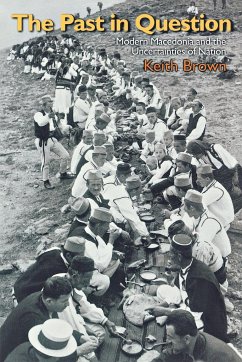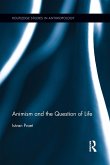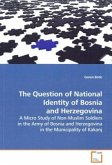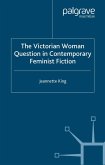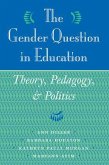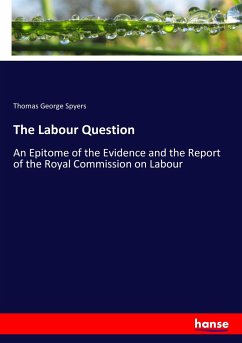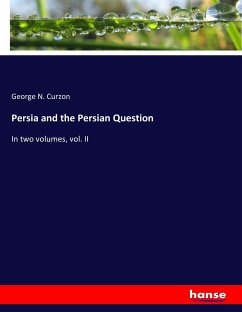This book examines the relationship between national history, identity, and politics in twentieth-century Macedonia. It focuses on the reverberating power of events surrounding an armed uprising in August 1903, when a revolutionary organization challenged the forces of the Ottoman Empire by seizing control of the mountain town of Krusevo. A century later, Krusevo is part of the Republic of Macedonia and a site for yearly commemorations of 1903. In the course of the intervening hundred years, various communities have vied to establish an authoritative account of what happened in 1903--and to weave those events into a longer and wider narrative of social, cultural, and national evolution. Keith Brown examines how Krusevo's residents, refugees, and exiles have participated--along with scholars, journalists, artists, bureaucrats, and politicians--in a conversation about their vexed past. By tracing different approaches to understanding, commemorating, and narrating the events of 1903, he shows how in this small mountain town the "magic of nationalism" by which destiny is written into particular historical events has neither failed nor wholly succeeded. Stories of heroism, self-sacrifice, and unity still rub against tales of treachery, score settling, and disaster as people come to terms with the legacies of imperialism, socialism, and nationalism. The efforts of Krusevo's successive generations to transcend a past of intercommunal violence reveal how rival claims to knowledge and truth acquire vital significance during rapid social, economic, and political change.
Hinweis: Dieser Artikel kann nur an eine deutsche Lieferadresse ausgeliefert werden.
Hinweis: Dieser Artikel kann nur an eine deutsche Lieferadresse ausgeliefert werden.

